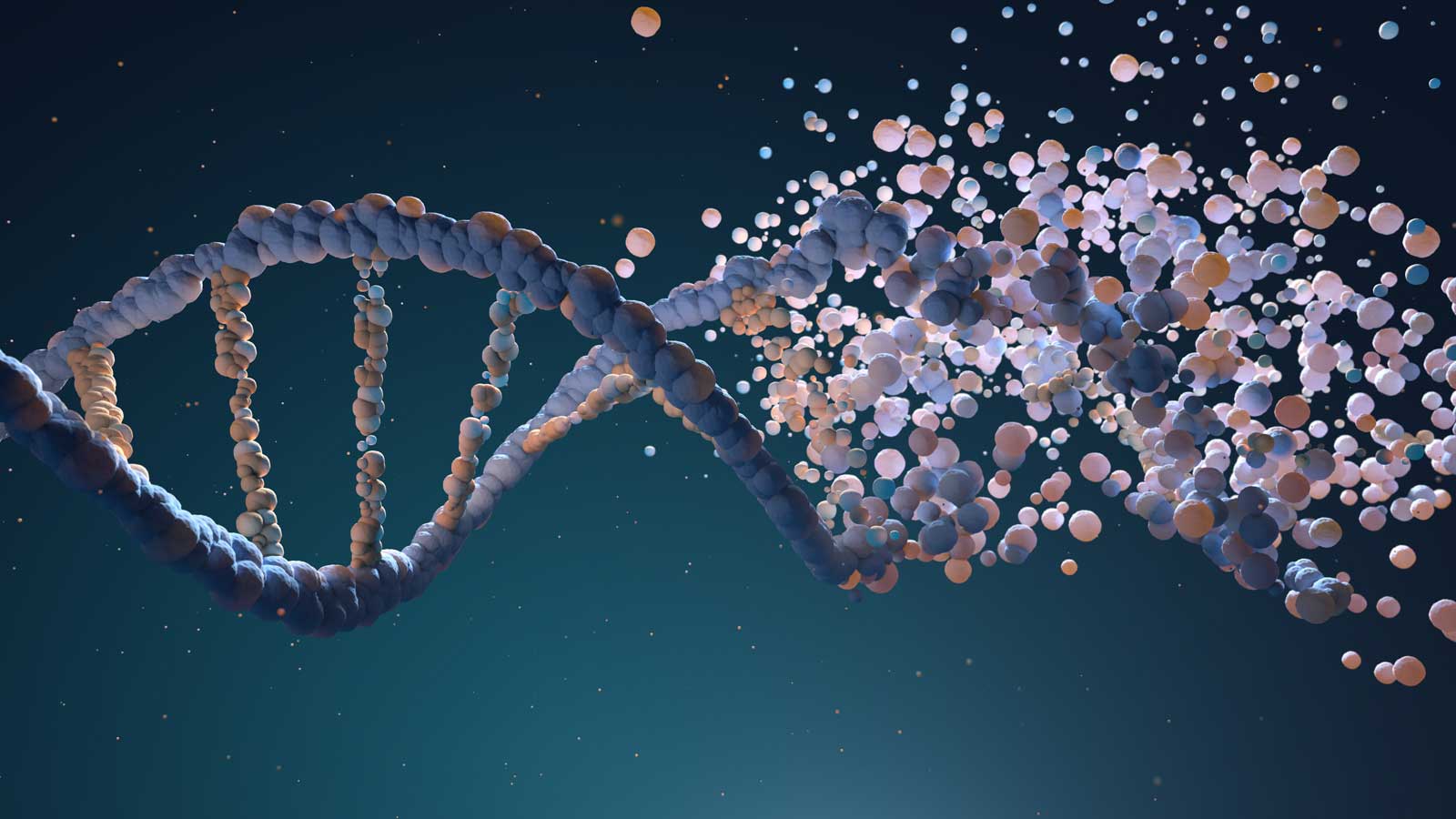In today’s world, food and environmental sensitivities are increasingly common topics of conversation. Many people often use the terms “allergy” and “intolerance” interchangeably, but they refer to very different conditions. Understanding these differences is crucial for managing symptoms and ensuring your health and safety.
What is an Allergy?
An allergy is an immune response triggered by a substance known as an allergen. When someone with a food allergy consumes the allergen, their immune system mistakenly identifies it as a threat and responds aggressively.
Common Allergens:
- Nuts
- Shellfish
- Milk
- Eggs
- Pollen
Symptoms of Allergies:
- Hives or skin rash
- Swelling of lips, tongue, or throat
- Difficulty breathing
- Anaphylaxis (a severe, potentially life-threatening reaction)
Allergy symptoms can manifest within minutes of exposure and may require immediate medical attention, especially in the case of anaphylaxis.
What is Intolerance?
Food intolerance, on the other hand, involves the digestive system. It occurs when the body struggles to break down certain substances, often due to enzyme deficiencies or sensitivities to food additives. Unlike allergies, intolerances do not involve the immune system.
Common Intolerances:
- Lactose (found in dairy)
- Gluten (found in wheat)
- Certain artificial additives
Symptoms of Intolerance:
- Bloating
- Gas
- Diarrhoea
- Stomach cramps
Symptoms of food intolerance typically occur several hours after consuming the offending food and can vary in severity.
Key Differences
- Mechanism: Allergies are immune responses; intolerances are digestive issues.
- Severity: Allergies can be life-threatening; intolerances are uncomfortable but rarely dangerous.
- Onset: Allergy symptoms appear quickly, often immediately; intolerance symptoms develop over time.
Managing Allergies and Intolerances
For those with allergies, avoidance of the allergen is crucial, and carrying an emergency epinephrine auto-injector can be lifesaving. Regular consultations with healthcare providers are essential to create a management plan.
For intolerances, dietary adjustments can often alleviate symptoms. Keeping a food diary can help identify triggers, and working with a dietitian can provide guidance on maintaining a balanced diet while avoiding problematic foods.
Conclusion
Understanding the differences between allergies and intolerances is vital for anyone navigating dietary restrictions or managing health conditions. If you suspect you have either an allergy or an intolerance, consult a healthcare professional for proper testing and personalised advice.
Stay informed and take control of your health!







